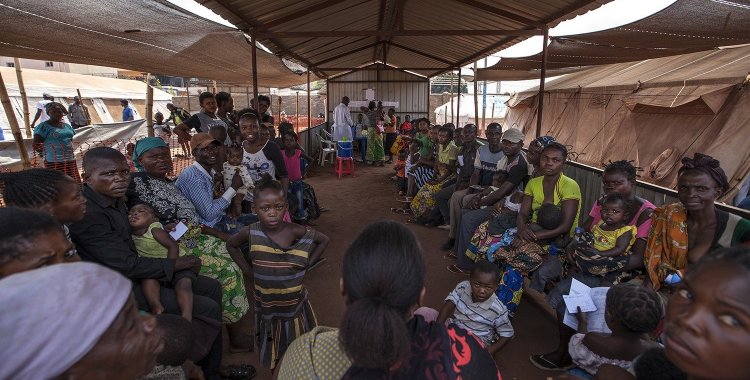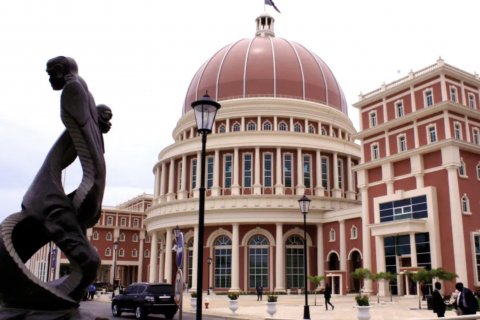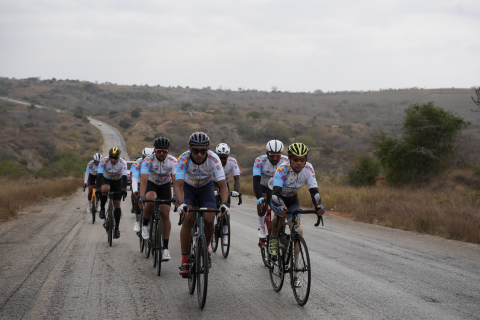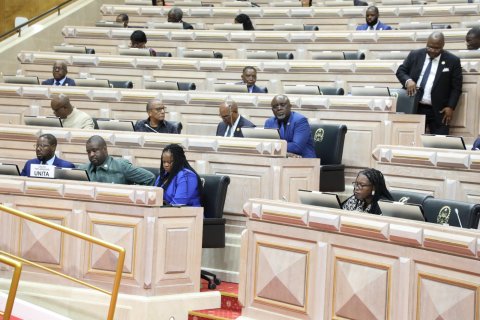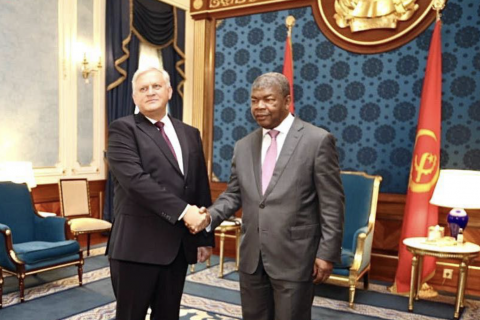Speaking to Lusa, the acting director of that non-governmental organization in Angola, João Sebastião Samuel, foresees difficult days, including for this NGO of Catholic priests, which receives almost ten refugees seeking assistance every day.
“We are aware and we all know that UNHCR [United Nations High Commissioner for Refugees] is a donor to these causes and with the closure of the office all the work that has been done and that could be done becomes unstable and so the refugees are in a not very good situation”, stated João Sebastião Samuel.
The director admitted that with the closure of UNHCR in Angola the vulnerability of this segment will increase, especially for refugees who need daily assistance.
“There are refugees who have become resilient, but there are others who still depend on aid, on donations, which are vulnerable groups, and with the closure of these offices (...) they will feel this need a lot”, he said.
According to the acting director of JRS, refugees from the Democratic Republic of Congo (DRC) and Rwanda “face the greatest vulnerabilities” in Angola, especially in the areas of housing, food, health and documentation.
Around ten refugees from DRC and Rwanda come to the JRS headquarters in Luanda every day in search of humanitarian support, as the director noted, fearing that their needs will worsen with the end of the UNHCR mission in Angola.
At the end of May, UNHCR announced the closure of its offices in Angola due to financial constraints, as reported by its representative in Angola, Emmanuelle Mitte.
Quoted by Rádio Nacional de Angola, the director clarified that the closure is due to the global situation and the financial constraints that affect the institution’s operations at an international level.
Having been working to support refugees in Angola since 1992, JRS also foresees difficulties in developing its activities in Angola, as it has already suffered several cuts in support to continue providing assistance to refugees.
João Sebastião Samuel stated that JRS has suffered "several cuts in support" and had UNHCR among its main donors, so "there is little chance that things will improve in the future”.
He assured, however, that the organization is working to obtain support from other donors”, adding that the Angolan government has been a partner in the cause of refugees, especially in the areas of education and health.
Jean Pierre Ituku, a refugee from the Democratic Republic of Congo in Angola for 19 years, fears that the closure of the UNHCR offices will also represent the end of JRS’s activities in the country, and fears that the social difficulties of refugees in his country will worsen.
“Because JRS helps us, UNHCR helps us, if UNHCR or JRS closes, where will we, the refugees, be? It is a problem, yes, we will face many difficulties, because JRS has a legal department, it defends refugees (…) who will protect us, who will help us”, he asked.
To Lusa, the 55-year-old Congolese man, originally from the province of Équateur, also lamented the armed conflicts that persist in the east of the DR Congo, blaming the armed movement M23 for the daily deaths of “many Congolese brothers”, including adults, children and young people.
Angola hosts more than 56,000 refugees and asylum seekers, mainly from the Democratic Republic of Congo, who make up 42 percent of the total.
The vast majority are concentrated in Luanda (68 percent), followed by Lunda Norte, which hosts almost 7,000 refugees in the Lóvua settlement.
World Refugee Day is celebrated this Friday, June 20.

